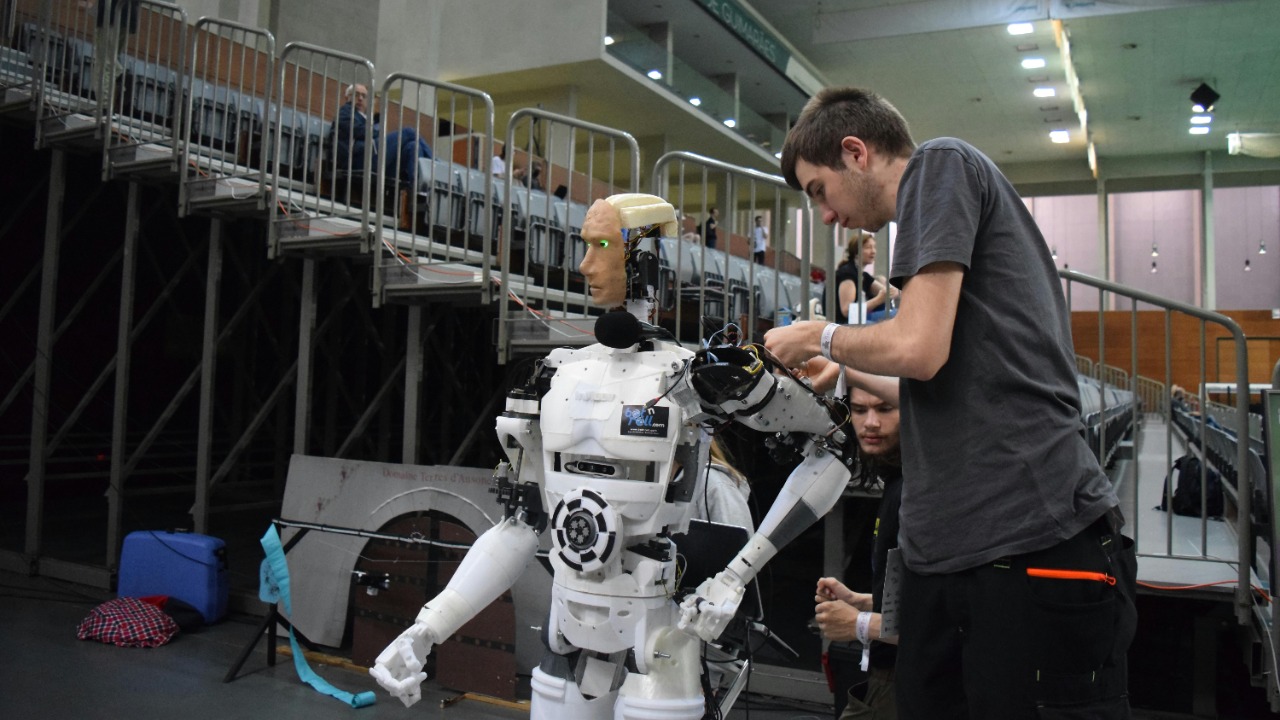
Quantum AI is not just a buzzword; it’s a transformative force set to redefine the workplace. From enhancing data processing to optimizing work environments, the impact of quantum AI could be monumental. Here are key ways it might soon change how we work.
Enhanced Data Processing Capabilities

Imagine handling enormous datasets with ease. Quantum AI can potentially revolutionize data processing by leveraging quantum computing’s ability to perform complex calculations at unprecedented speeds. This means that tasks which currently take days or even weeks could be completed in minutes. The implications for industries like finance, healthcare, and logistics are profound. With this technology, I could analyze vast amounts of information with greater accuracy, leading to more informed business decisions.
Such enhanced capabilities would allow me to focus more on strategic thinking rather than spending significant time on data crunching. The era of waiting for reports to generate could soon be over, freeing up valuable time for creative problem-solving and innovation.
Improved Decision-Making Accuracy

Quantum AI promises a marked improvement in decision-making accuracy by enhancing predictive analytics and pattern recognition. By processing multiple probabilities simultaneously, it offers a level of precision that classical computing struggles to achieve. For example, in sectors like healthcare, this could mean more accurate diagnoses and treatment plans. In business, it translates to better market predictions and risk assessments.
For me, this means having access to insights that are not only faster but also more reliable. With such tools at my disposal, I can make decisions backed by a wealth of data-driven evidence, reducing the chances of errors and improving outcomes across various tasks.
Automation of Complex Tasks

One of the most exciting prospects of quantum AI is its potential to automate complex tasks that are currently time-consuming and resource-intensive. By integrating quantum algorithms with AI, routine yet intricate tasks could be handed over to machines, allowing professionals like me to focus on more strategic roles.
This shift could lead to significant productivity gains. Tasks such as supply chain management, financial modeling, and even some legal processes could become largely automated, freeing up time and resources. While this might initially seem like a threat to some jobs, it really offers an opportunity to upskill and shift focus towards more value-driven activities.
Revolutionized Problem-Solving Techniques

Quantum AI is poised to transform how I approach problem-solving. By offering new ways to analyze and interpret data, it could lead to breakthroughs in fields as diverse as cryptography and pharmaceuticals. The ability to simulate complex systems more effectively means tackling problems that were previously deemed unsolvable.
This capability is not limited to scientific fields. In everyday work scenarios, it could facilitate more innovative solutions to common challenges. Enhanced engineering strategies, improved product designs, and more efficient business processes are just a few of the potential benefits. For me, this means being able to think outside the box and drive meaningful change within my organization.
Personalized Work Environment Optimization

Quantum AI could greatly enhance personalized work environments by fine-tuning them to match individual preferences and productivity patterns. Using advanced algorithms, it can learn and adapt to how I work best, offering tailored recommendations for workspace setup, scheduling, and task prioritization.
Such personalization means that my workday could become more efficient and enjoyable. By optimizing conditions to suit my unique needs and habits, I could experience increased job satisfaction and productivity. This level of customization, driven by sophisticated AI, has the potential to redefine work-life balance and employee engagement, paving the way for a more fulfilling professional experience.